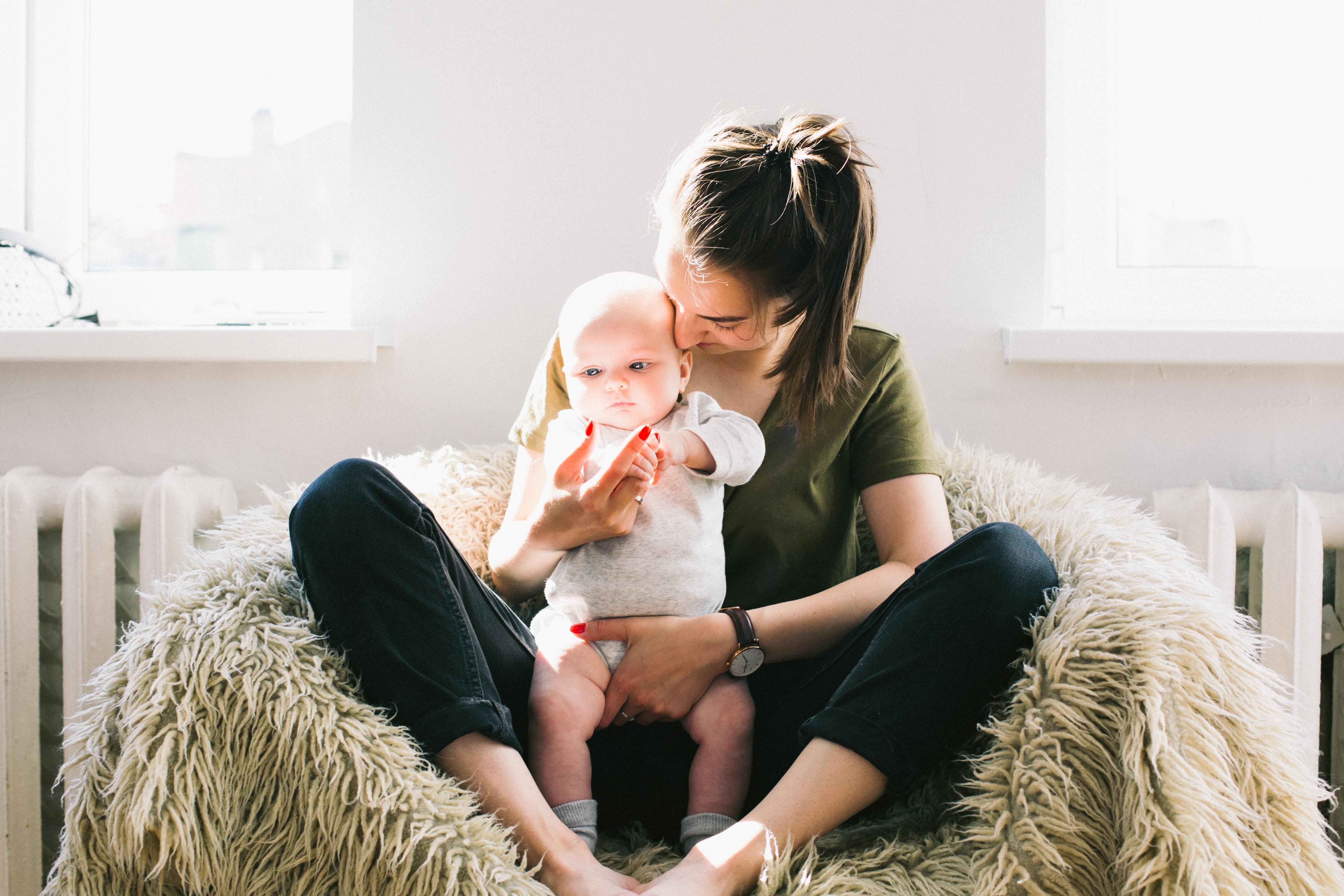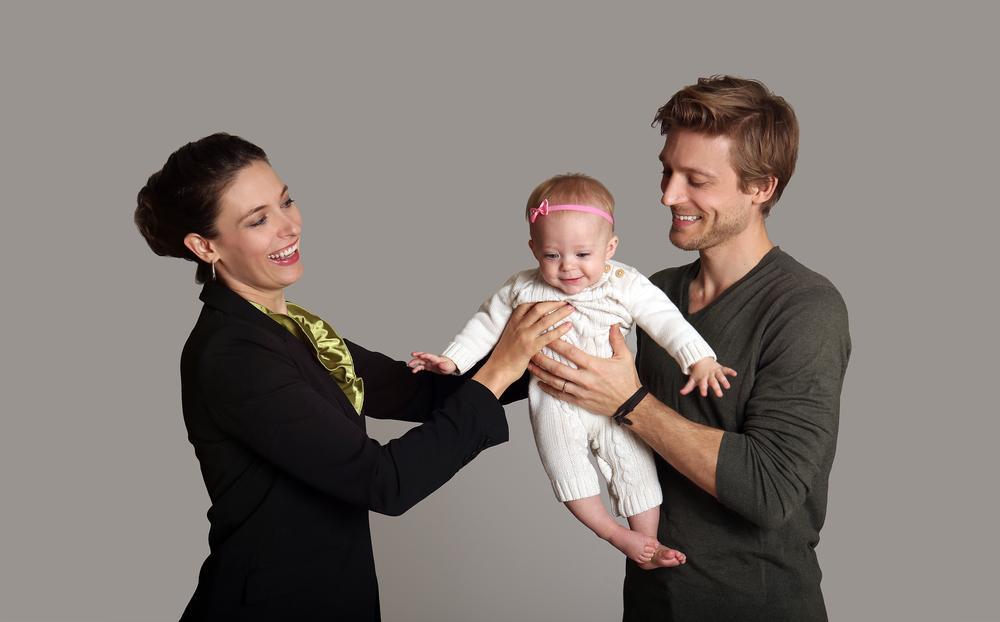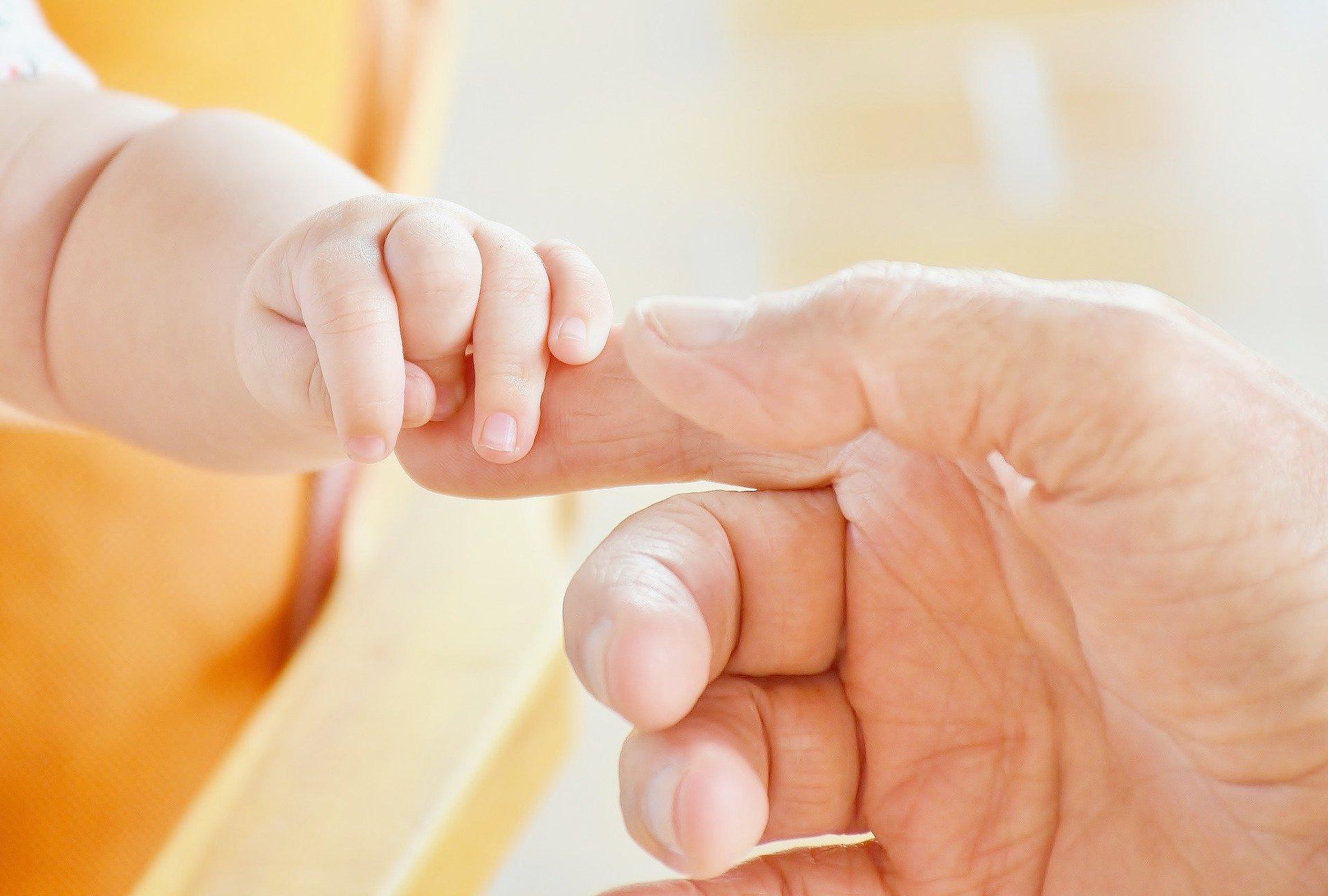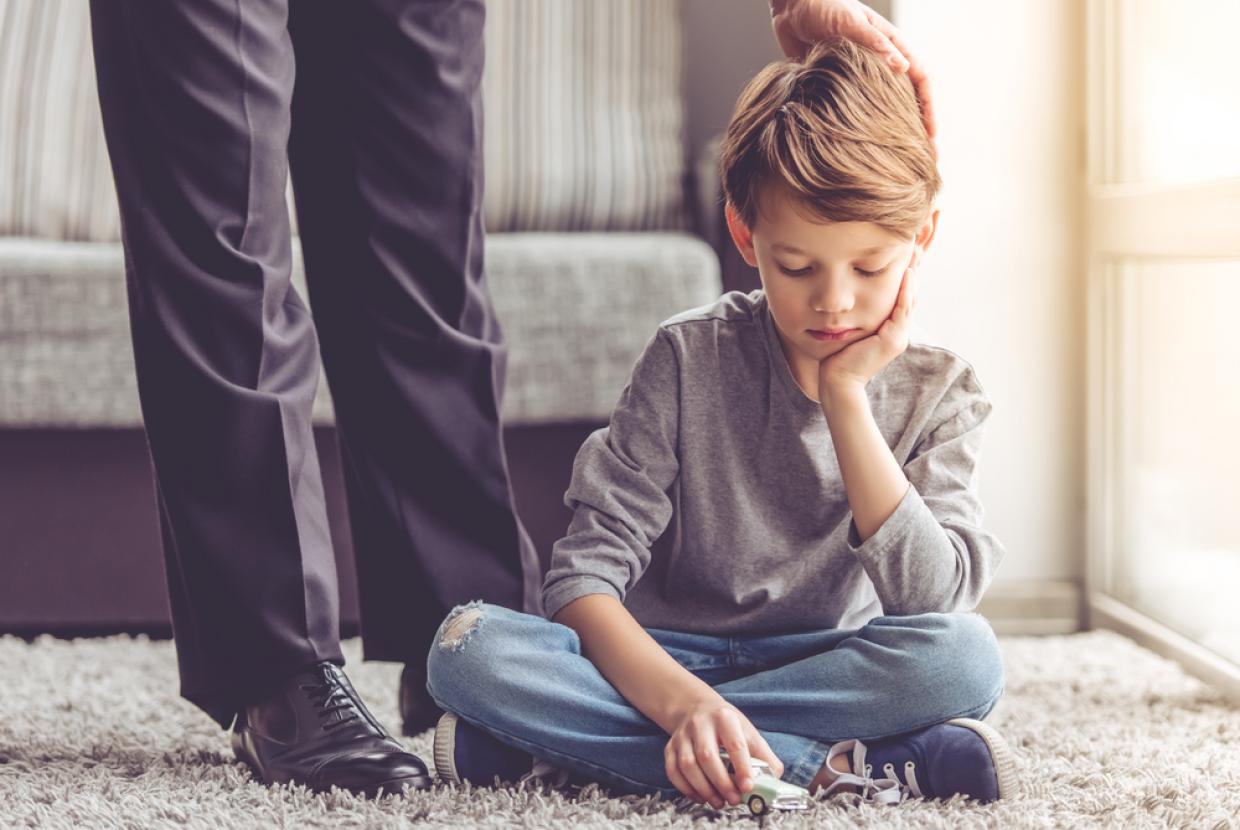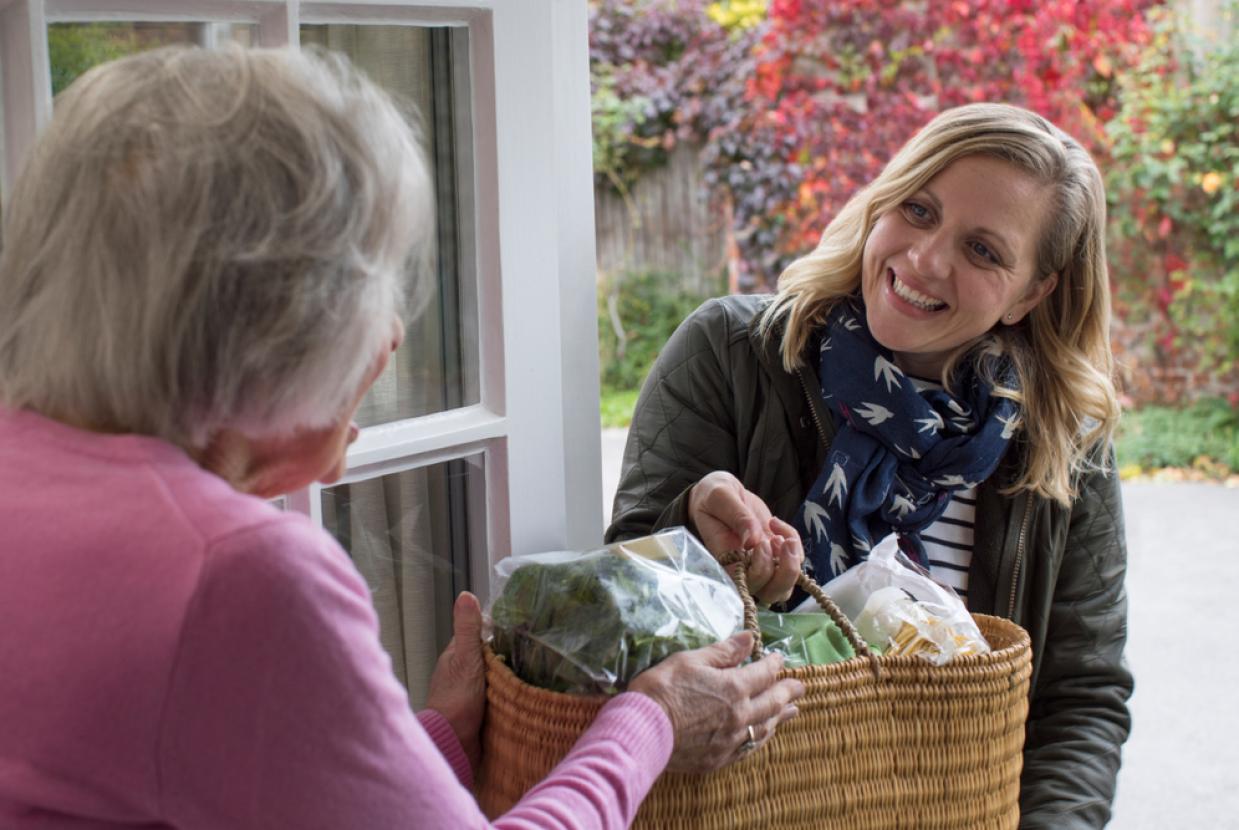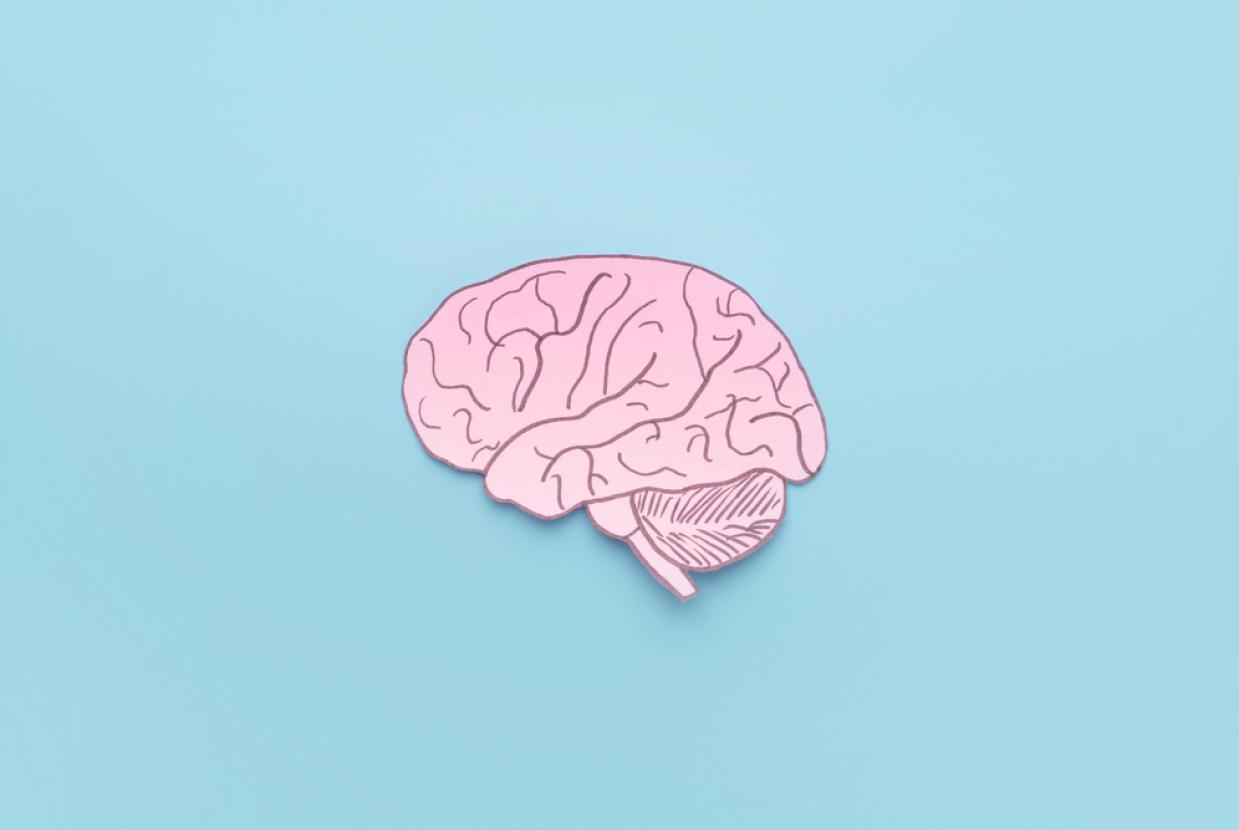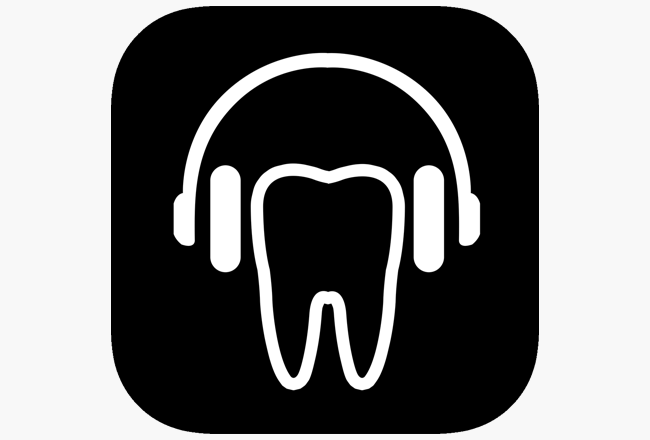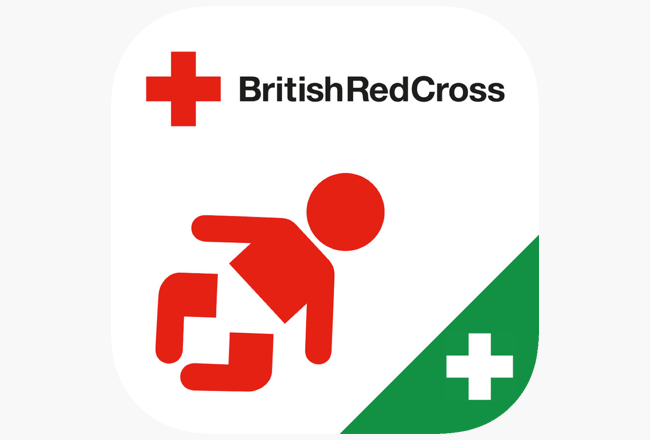Anxiety In Young People
Anxiety is an uncomfortable feeling of fear or stress. It's a common feeling that everyone experiences at some stage. What makes one person anxious, might not make another person feel the same. You might worry about exams and school, while others do not.
Anxiety can become a problem if it:
- gets in the way of your normal day-to-day activities
- carries on for more than a couple of weeks
If this is happening, you may have an anxiety disorder.
Anxiety disorders
Anxiety disorders can make you feel nervous a lot of the time. This can last for long periods of time and in different situations. There are many different types of anxiety disorders. Each has their own symptoms. They include:
- generalised anxiety disorder
- social anxiety (social phobia)
- obsessive-compulsive disorder (OCD)
- post-traumatic stress disorder (PTSD)
- panic disorder
- agoraphobia
- specific phobias
- hypochondria
Generalised anxiety disorder
People with generalised anxiety disorder (GAD) find it hard to control their worry. They can get very anxious about everyday situations at school or at home. There is often no obvious reason for them to worry.
Social anxiety (social phobia)
Social anxiety is a fear of social situations. You might avoid meeting new people. You may feel embarrassed or that you are being judged.
Obsessive-compulsive disorder (OCD)
Obsessive-compulsive disorder often involves 2 things. You might have:
- unwanted impulses (obsessions)
- the need to repeat things (compulsions)
Post-traumatic stress disorder (PTSD)
You might develop PTSD after a major traumatic event. You might have bad memories or flashbacks. You might also have nightmares.
Panic disorder
You may have a panic disorder if you have regular panic attacks. It may be hard to predict when an attack may come. Some people may develop agoraphobia as a result of the panic attacks.
Agoraphobia
Agoraphobia is the anxiety of being in certain places or situations. It can come from being in a place where you feel it will be difficult or embarrassing to escape from. You might be afraid of having a panic attack that others may see.
Phobias
A phobia is an overwhelming fear of an object, place, situation, feeling or animal. It can be exhausting and difficult to get passed. An example of this might be an extreme fear of spiders or needles.
Hypochondria
Hypochondria is an extreme concern or worry about having a serious illness. You may have a constant worry about your body.
Causes of anxiety
Many things can trigger anxiety. This includes stressful situations. These could be school exams or family problems.
Sometimes it's a mix of lots of different factors. The exact cause of anxiety is not always clear.
Symptoms of anxiety
There are many symptoms of anxiety.
You may:
- feel irritable, argumentative or always in a bad mood
- feel worried all the time that something bad will happen
- need to be told all the time that everything will be okay
- be upset with mistakes or changes to your routine
- feel the need to be perfect
- have difficulty concentrating
- have a dry mouth or difficulty swallowing
- have problems sleeping
- get headaches or tense muscles
- be restless
- have a rapid heart-rate
- feel like getting sick or have diarrhoea
If you experience more than one of these symptoms over a couple of weeks, you may need some extra support. You should also get help if it affects your day-to-day life.
If you feel it's serious
If anxiety begins to take over your life, talk to your GP. They can refer you to a professional who can treat your anxiety. Many different forms of therapy are used to successfully treat anxiety. Cognitive behavioural therapy is one of these. It helps people to learn about their anxiety. Through this process, they can learn to manage it.
Advice for parents
If you have concerns that your child is feeling anxious, there are things you can do to help.
Talk to your son or daughter
If your son or daughter are willing to talk about their fears and anxieties:
- listen carefully and respectfully
- accept their fears
- don't dismiss or ignore them
- let them know you're there to support them
Ask about their feelings
If your son or daughter is experiencing a strong emotion:
- ask them about it
- listen to them
- don't dismiss their emotions
- show concerns for their feelings
You could help them to trace the emotion to where it began. This might help to reduce the overwhelming nature of their feelings.
Problem solving
Problem solving doesn't mean you should solve the problem for them. Instead, help them break down the problem into smaller pieces. Help them find possible solutions. Let them weigh up which one they should try. Encourage them by reminding them of previous times when they've dealt well with problems.
You should try and:
- focus on the positive
- stay calm
Young people can get lost in their negative thoughts and self-criticism. Try help your son or daughter focus on their positive attributes.
Be a good role model
Lead by example. When you think about your son or daughter's wellbeing, think about your own too. Look after your own mental health as well.
If you're anxious, your son or daughter is likely to pick up on your anxiety. They may experience an increase in their own anxiety.




